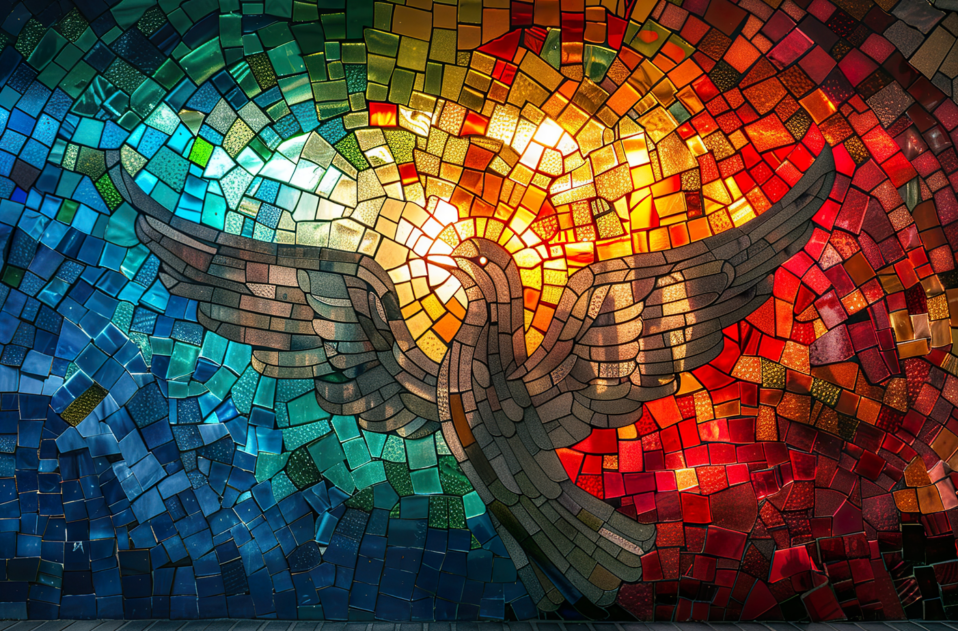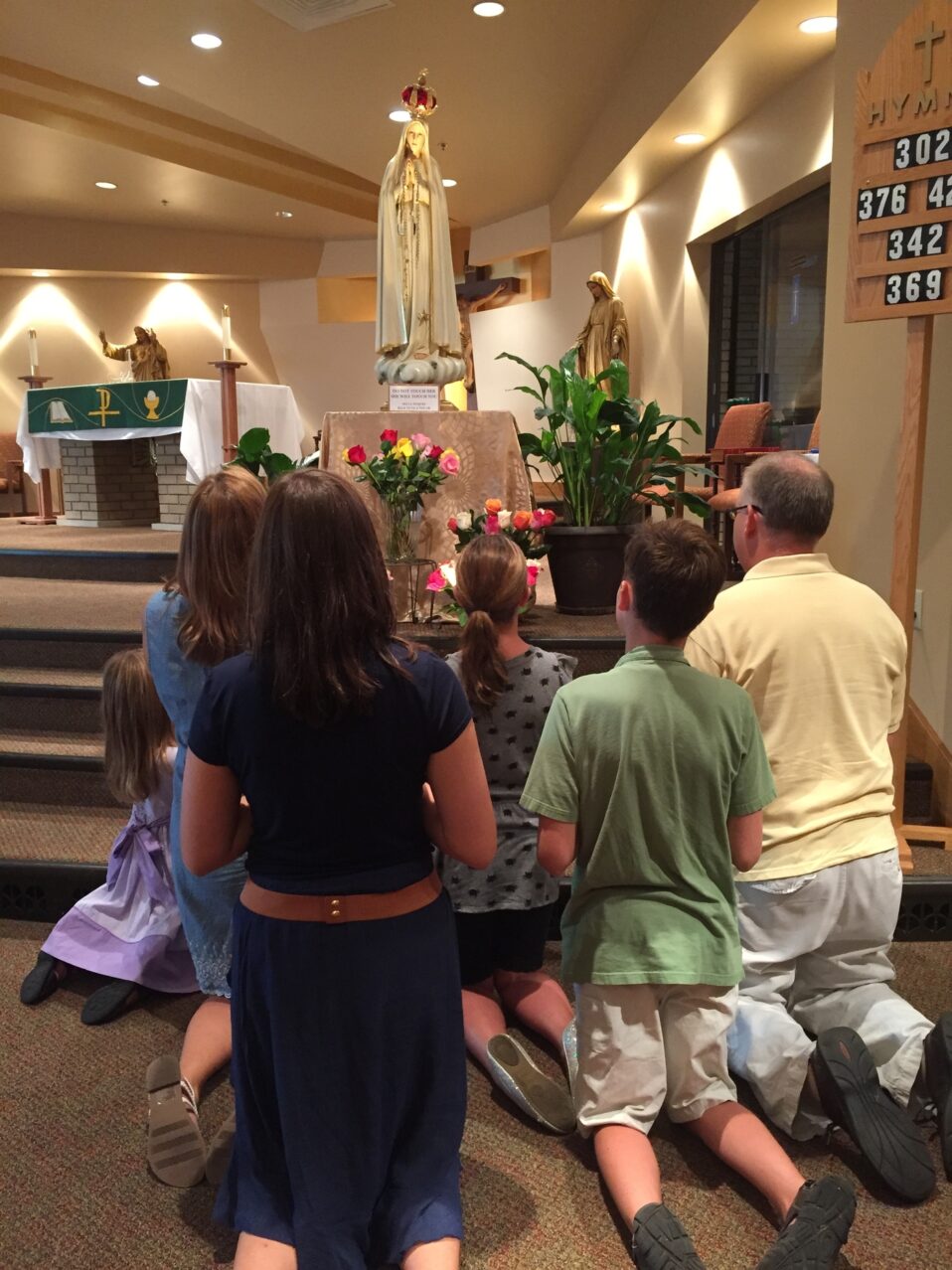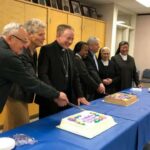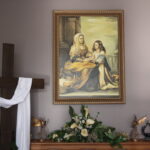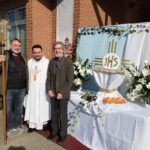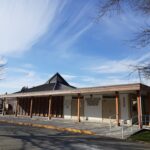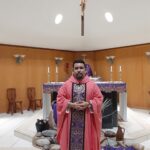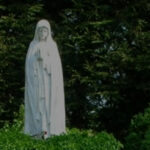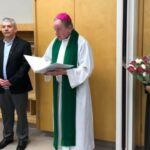By—Father Stelio Fongaro
translated by Father Peter P. Polo
collaboration with Father Gino Dalpiaz
I. Lovable Dignity
“He who lives from faith not only loves God, but feels impelled to make others love him…. Hence the fever of saints to sacrifice their whole selves for the salvation of souls. And hence those wonders of charity and zeal that we read about in their lives and that call forth the admiration of every age. The zeal of God’s glory consumed them, never letting them rest for a single instant” (Pastoral Letter of 1877).
Fr. Francesconi’s very complete biography of Bishop John Baptist Scalabrini may leave us with two apparently contradictory reactions. On the one hand, we are left with the impression of being almost overwhelmed by the sheer magnitude of a figure who left such a strong mark on the history of Italy as well as the Church; who traveled the length and breadth of his far-flung and almost inaccessible diocese in five pastoral visits, like some member of the land commission; who sifted like a gold digger through the boundless regions entrusted to his missionaries in North America and Brazil; who held three synods, founded two missionary congregations, licensed the publication of reviews, held congresses, and had a decisive influence on Italian legislation on migration; and who succeeded in the titanic task of restoring his city’s cathedral.
On the other hand, we are somewhat surprised by the style of this great man who would often come out onto a walkway overlooking the cathedral, to be able to gaze from the Bishop’s house at the Most Blessed Sacrament through a small window in the apse; who left a will asking to be buried with the elements for the celebration of Mass; who helped himself in the recitation of the psalms with pieces of paper marked “to be kept in the breviary”; and who died murmuring short prayers like the humblest of Christians.
However, if we reflect a little, we can see that his special quality lies precisely in this mingling of greatness and littleness, and that this is what uplifts our spirit as we contemplate him.


